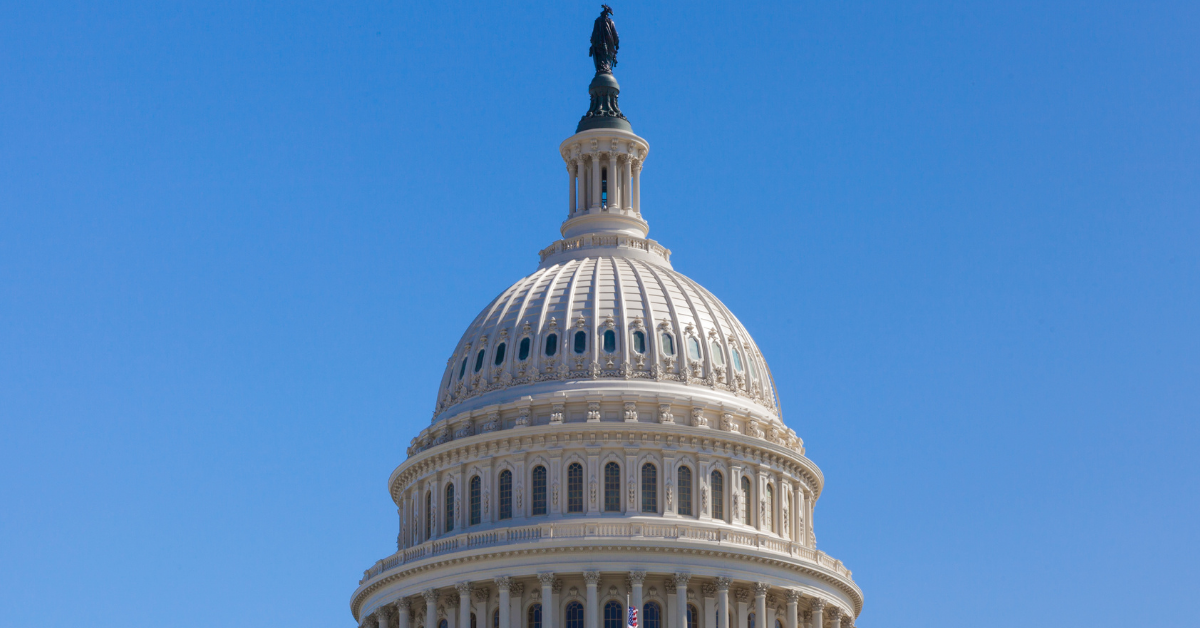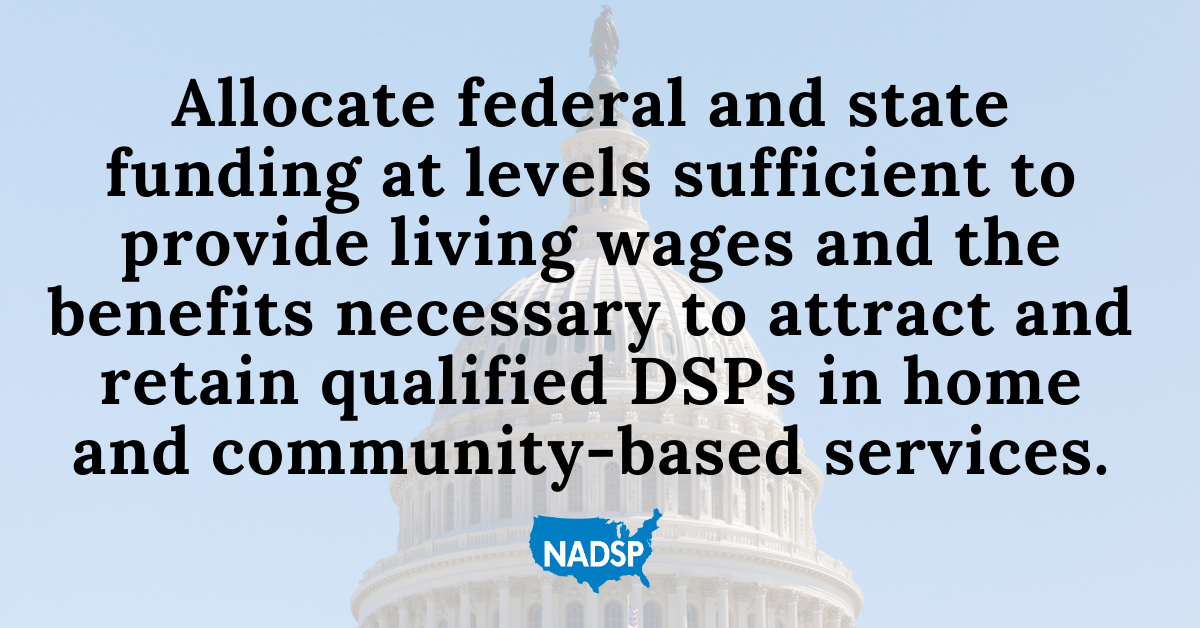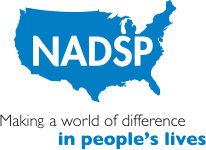
NADSP Recommendations for the Development of the HCBS Access Act
The National Alliance for Direct Support Professionals, Inc. (NADSP) Submits Recommendations for the Development of the HCBS Access Act
Each year tens of thousands of direct support professionals and their employers join the NADSP membership. With this membership comes the expectation that we provide them with sound information, training and certification opportunities and representation in public policy forums to improve practice standards and promote systems reform in their best interest.
Earlier this week, the NADSP had the opportunity to submit detailed recommendations in the development of the landmark Home and Community Bases Services Access Act (HAA). It’s abundantly clear to us that implementation of such a bold redesign of HCBS set forth in this legislation will simply NOT be possible without significant financial investment (in a variety of ways) into the direct support workforce. Our recommendations provide a clear path to do just that, beginning with the allocation of federal and state funding at levels sufficient to provide living wages and the benefits necessary to attract and retain qualified direct support professionals.
We hope that you will take the time to read our recommendations and share them with your networks. Be assured that the NADSP will not compromise in this opportunity to finally deliver substantive change in how direct support professional do their work, how they receive formal recognition for their skills and how they are compensated for doing this complex and demanding work. A rich and robust community-based service system is dependent on a rich and robust direct support workforce – there are no half measures.

The following is a break down of all ten recommendations however, to read the full document of the detailed provisions to these recommendations, click here.
NADSP Recommendations for the DSP Workforce Development in the HCBS Access Act
- Assure CMS/HHS engagement with DOL and other federal agencies that have jurisdiction over and investments on HCBS provision, to make necessary policy reforms and assure more accurate data collection to inform national dialogue on Direct Support Professional (DSPs) skills, wages, and career lattices.
- Self-Direction & Workforce Development: Increase access to/utilization of self-direction, paid family caregivers, shared living, and other relationship-based models or models with longer retention.
- Training for Front-Line Supervisors: Ensure frontline supervisors are adequately trained and supported to effectively recruit, retain and support Direct Support Professionals.
- DSP Code of Ethics: Ensure a basic Code of Ethics as a requirement of all DSPs providing services under state HCBS authorities.
- Provide credentialing opportunities, career pathways, and ongoing competency-based training and mentoring, embedded in public policy and sufficiently funded to create incentives for DSP participation.
- Allocate federal and state funding at levels sufficient to provide living wages and the benefits necessary to attract and retain qualified DSPs in home and community-based services.
- Provide MLTSS health plans latitude in working with providers to improve the quality of DSPs.
- Allow states to reimburse for virtual communications and technologies to support service provision and address DSP workforce shortages under certain circumstances (but not substitute necessary in-person supports that lead to inclusion).
- Innovations Funds to Support New Models of DSP Workforce Development and Career Advancement
Read the Full Recommendations and Provisions
You can access the full 13 page document of the NADSP’s reccomendations by clicking the Learn more Button Below.

Paying close relatives is not usually desirable. Shared living needs considerable definition to be positive for the person being supported.
I am concerned about the practical implications of some of these suggestions. Family members who live in the household can provide another address and provide services funded by Medicaid in order to increase the family’s income, similar to what happened during the 1980’s with Eugene F. kinship care. Self direction brokers make a cut of up to $40 an hour, so money is being rerouting from competent supervision and compliance departments to middlemen/women fiscal intermediaries and brokers. Working for the parents of a person rather than for a provider agency feels like being a personal servant with no job security and the possibility of conflict between the interests of the participant and their designees. Self direction would be good if it were a reality rather than lip service. This is the sort of arrangement which is likely to lead people to leave the field. Person Centered support could easily turn to toilet cleaning on the tax payer’s dime while people piocket a finders fee. Professionalism, good, regulation, good, paying for continuing education at a Medicaid funded salary, not so good